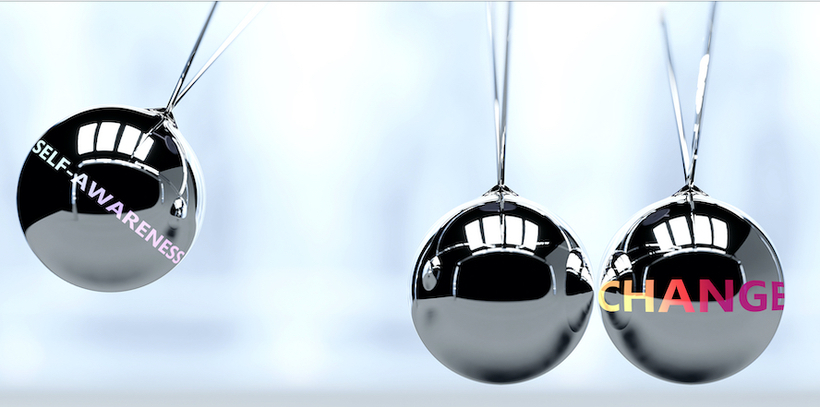
Have you been feeling that you are operating on autopilot? Is your mind filled with self-chatter, and you’re feeling out of sorts? You may have slipped out of self-awareness, and it’s easy to do in this hectic world. If so, take a pause and center using mindfulness, breathing, or whatever works for you to come back into being self-aware. And being self-aware is a journey and not a destination.
Why is self-awareness critical for us to be authentic?
To be authentic starts with knowing who you and places you on the path of positive self-development. The benefit of self-awareness is an attribute of Authentic Leaders. Self-aware people tend to be optimistic and hopeful of the future. During times of volatility uncertainty, leaders need that optimism to push forward without being sure of the future. Self-aware leaders are confident and have taken stock of their abilities, knowledge, strengths, and skills.
Having self-knowledge will help you recognize the opportunities that are right for you.
In essence, how can you be authentic if you don’t know who you are?
What do we need to do to become more self-aware?
As I mentioned, self-awareness is a journey, and we become more self-aware if we bring our consciousness and focus on the inner self.
Take stock of your strengths, talents, abilities, and experience that make you unique. Acknowledge your limitations but don’t dwell on them. You don’t need to be perfect. You need to be the real you.
Be kind to your fabulous self. Being authentic may make you feel vulnerable. It takes courage to be vulnerable. And your vulnerability is where you find your strength as an authentic leader.

One of my favorite ways of getting to know yourself better is to use metaphors to describe yourself. My first college assignment was to write an essay titled, “Who am I”? I struggled with answering that question- a started with I am an Italian American girl from Brooklyn, & that seemed way too dull. I decided to use metaphors to explain who I was. I wrote that I was a sponge soaking up as much knowledge as I could, an artichoke having many facets, but my heart was the best part, and a painted pony on a carousel, anxious to get off and explore the spinning world around me.
Many years later, when I entered my Ph.D. program, I found that essay. I realized that even after all my life experiences, I wasn’t too different than that 18-year-old college student. I still have a thirst for knowledge, I had even more facets of my personality, but my love of family and friends was where I find my strength. I jumped off the carousel, but I still don’t fully understand this rapidly spinning world, and these days it’s even spinning faster.
I challenge you to write your “Who am I?” story using metaphors or not. Just make sure that you describe who you are and not what you do. In other words, did not write about your job, business, or responsibilities.
How do emotions help me to become self-aware?
To be self-aware, you need to recognize your emotions and understand how your emotions impact others. Ask yourself, what drives my feelings?
Understand your triggers and how to control your emotions when appropriate. Reflect on how you view others. Recognize your own biases and how you can be open to other’s perspectives, even if they differ from your own.
Look carefully at your approaches and identify any disconnects of how you think you acted and another’s perception. Perhaps, get some feedback from people who you know and trust.
Being self-aware requires time and reflection, but the benefits to you are well worth the effort. Start on your path to becoming more self-aware today.

